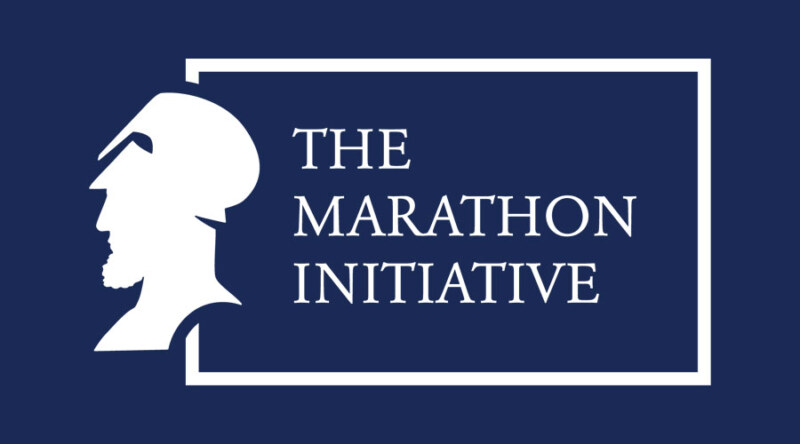Take India’s Side, America
The moment of maximum danger in the latest India-Pakistan conflict appears to have passed. But after a major attack by Pakistani militants on an Indian military base in Kashmir and the first Indian air strike on Pakistan proper since 1971, tensions are still smoldering between the two South Asian nuclear powers. The episode highlights the need for the U.S. to reassess its role in this volatile part of the world—and to come down firmly on India’s side.
Traditionally Washington has attempted to be a “neutral arbiter” between India and Pakistan. But neutrality may have made the problem worse rather than better. In 1999 Washington intervened to defuse the Kargil crisis. In 2001 and again in 2008, Washington leaned heavily on New Delhi not to respond more forcefully to attacks launched from Pakistani territory. This time, though, the Trump administration appeared reluctant to play referee. Washington should lock in this approach and make clear why.
Washington’s traditional neutrality has created a moral hazard for Pakistan. Islamabad could be confident that its threat of nuclear escalation, even if it didn’t intimidate New Delhi, would enlist American help in tamping down any Indian response. With this insurance policy in place, Pakistan sponsored terrorist attacks within India—in New Delhi in 2001, in Mumbai in 2008, and most recently in Indian Kashmir.
WSJ Opinion


